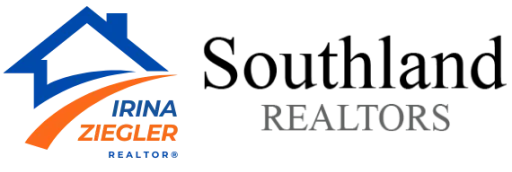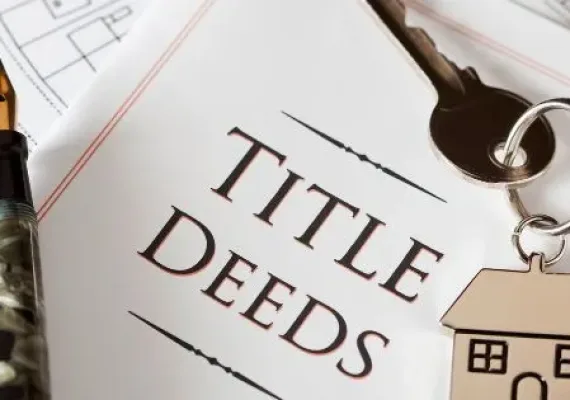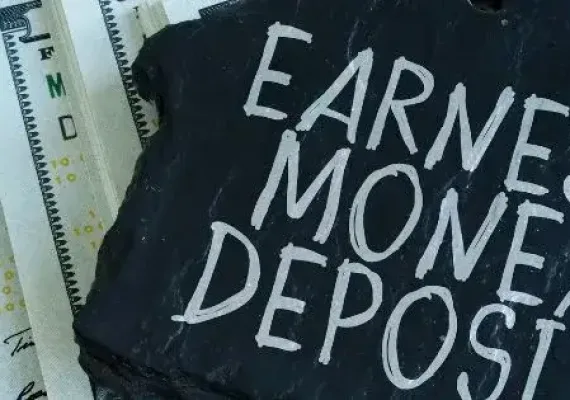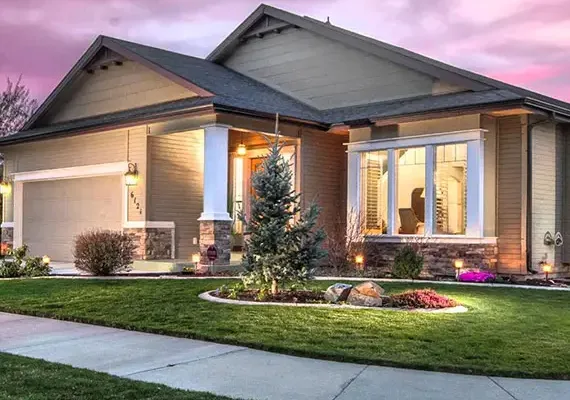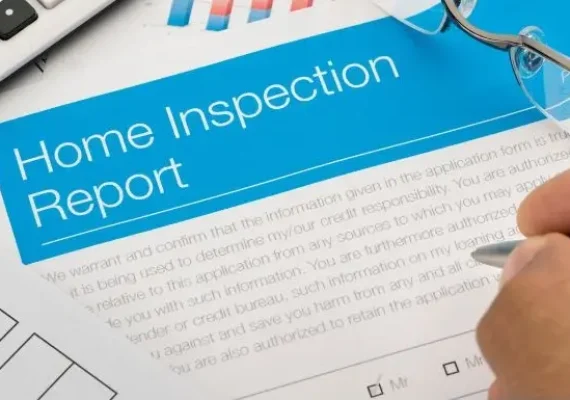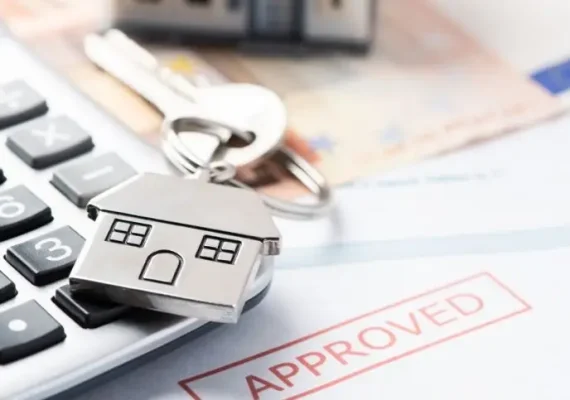Buying a home is one of the most significant investments you’ll ever make. One of the most important steps in this journey is the home inspection. To make the most of this vital assessment, you need to know the right questions to ask your home inspector.
This article will guide you through the essential inquiries that can help you gain a comprehensive understanding of your potential new home’s condition.
The Importance of a Home Inspection
Before we dive into the questions, let’s briefly touch on why a home inspection is so crucial:
- It reveals hidden issues that might not be apparent during a casual walkthrough
- It can save you thousands of dollars in future repairs
- It provides leverage for price negotiations
- It gives you peace of mind about your investment
A thorough home inspection is like a health check-up for your future home. It’s an investment in your peace of mind and financial security.
Key Questions to Ask Before the Inspection
What are your qualifications and experience?
It’s essential to ensure your inspector is qualified and experienced. Ask about:
- Their certifications and licenses
- How long they’ve been in the business
- Their experience with homes similar to the one you’re considering
What does the inspection cover?
Understanding the scope of the inspection is crucial. Inquire about:
- Areas of the home that will be inspected
- Systems that will be evaluated (electrical, plumbing, HVAC, etc.)
- Any limitations to the inspection
How long will the inspection take?
A thorough inspection typically takes 2-4 hours, depending on the size and condition of the home. If an inspector says they can do it in under two hours, it might be a red flag.
Questions to Ask During the Inspection
Can I accompany you during the inspection?
Most inspectors welcome this, as it allows them to explain issues in real time and provide context.
Is this a major issue or a minor one?
As the inspector points out problems, ask for clarification on their severity. This helps prioritize potential repairs.
What does this mean for the home's long-term health?
Some issues might not be immediate concerns but could develop into significant problems over time.
Is this up to current building codes?
While older homes aren’t required to meet current codes, knowing about any outdated systems can help you plan for future upgrades.
Questions About Specific Home Systems
How old are the major systems and appliances?
Ask about the age and condition of:
- The roof
- HVAC system
- Water heater
- Electrical system
- Plumbing
Are there signs of water damage or mold?
Water damage can lead to extensive and expensive repairs. Ask the inspector to point out any signs of past or current water issues.
How is the insulation and ventilation?
Proper insulation and ventilation are crucial for energy efficiency and preventing moisture problems.
Questions About Potential Red Flags
Are there any structural concerns?
Structural issues can be among the most serious and expensive to repair. Ask about:
- Foundation problems
- Wall cracks
- Roof sagging
Is there any evidence of pest infestation?
Pest problems can cause significant damage if left unchecked. Ask about signs of:
- Termites
- Rodents
- Other common pests in your area
Questions to Ask After the Inspection
Can you explain this in the report?
Ask the inspector to clarify any points in the written report that you don’t understand.
What are the most urgent issues to address?
Get the inspector’s opinion on which problems need immediate attention, and which can wait.
Would you buy this house?
While this is a subjective question, an honest inspector can provide valuable insight based on their professional experience.
Conclusion
Asking the right questions during a home inspection can provide you with invaluable information about your potential new home. It empowers you to make an informed decision and can potentially save you from costly surprises down the road. Remember, no question is too small or insignificant when it comes to such a significant investment. Use this guide to ensure you get the most out of your home inspection, setting the foundation for a happy and secure homeownership experience.
Knowledge is power, especially in real estate. The more you know about your potential home, the more confident you can be in your decision.
By approaching your home inspection with these questions in mind, you’re taking a crucial step toward making a sound investment in your future home.
Happy house hunting!
